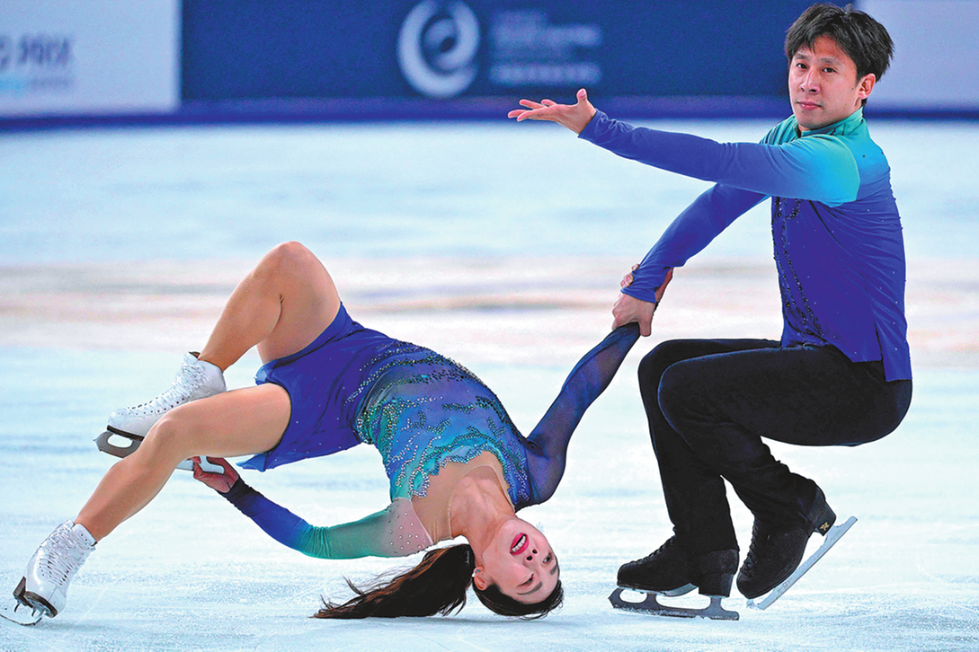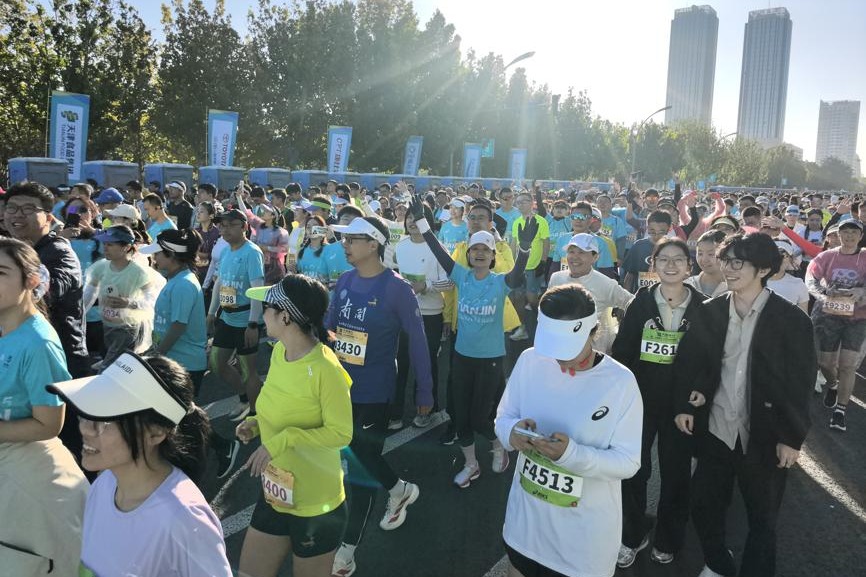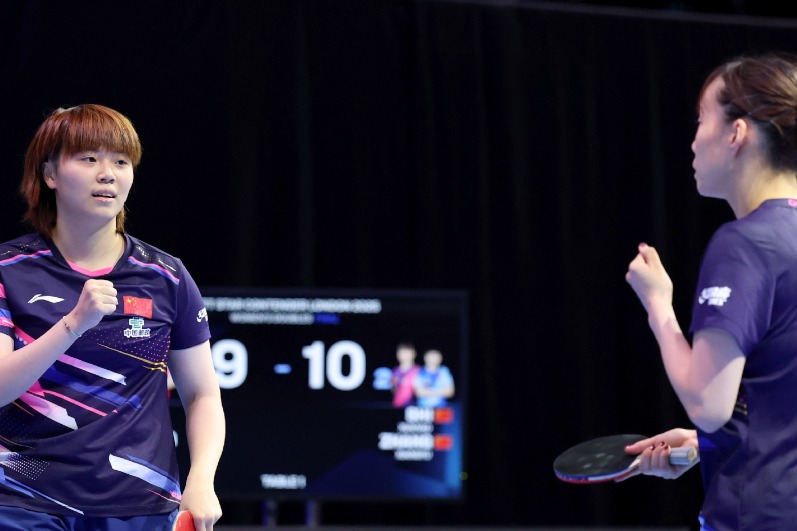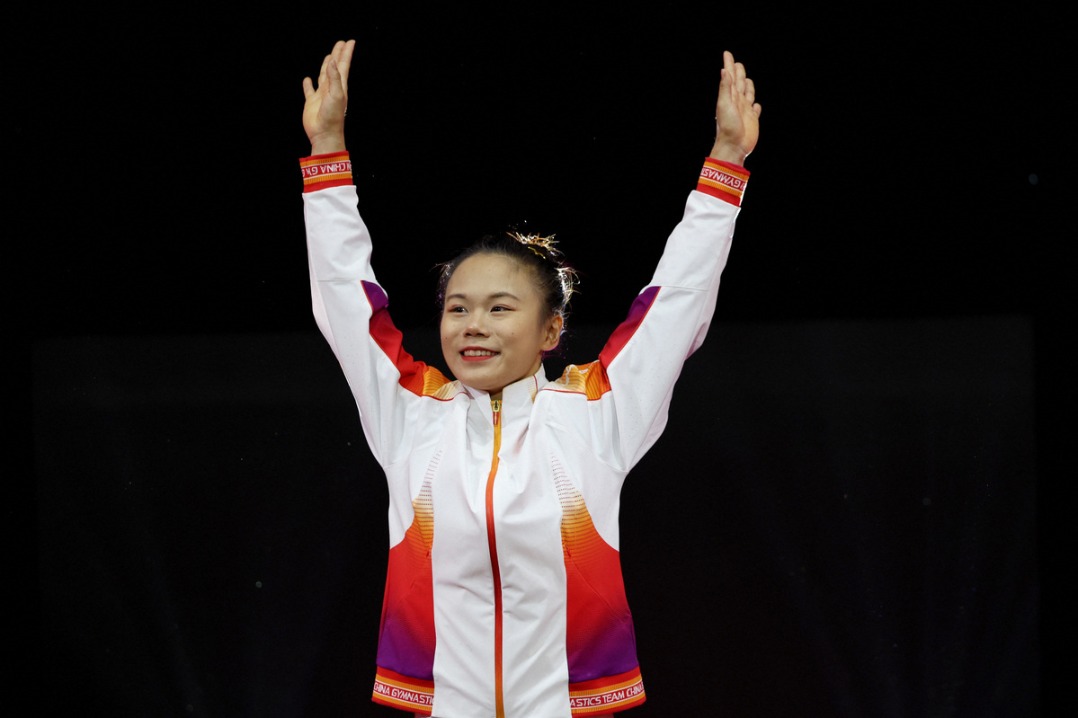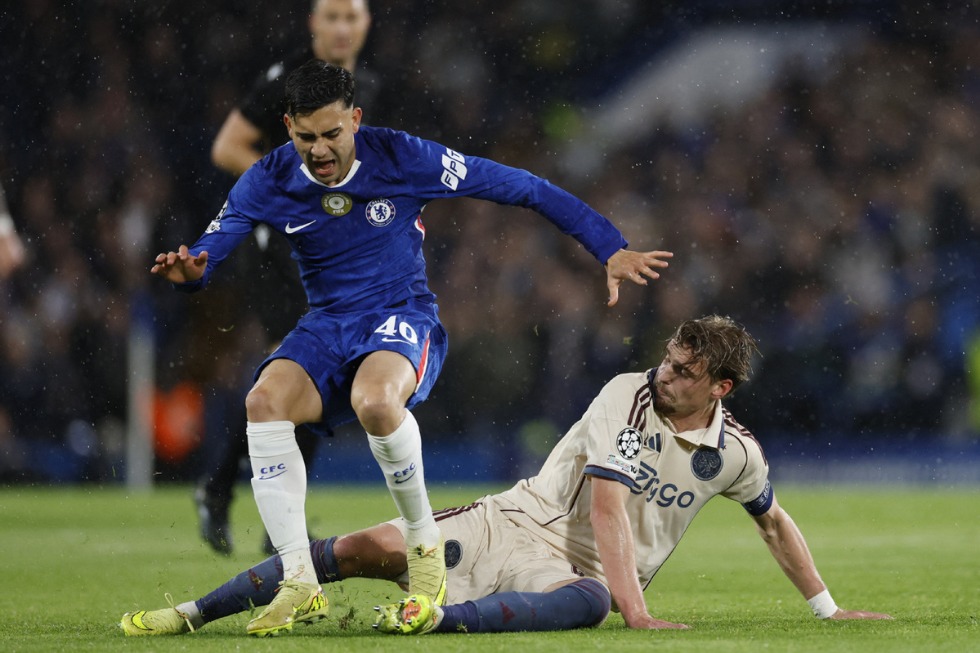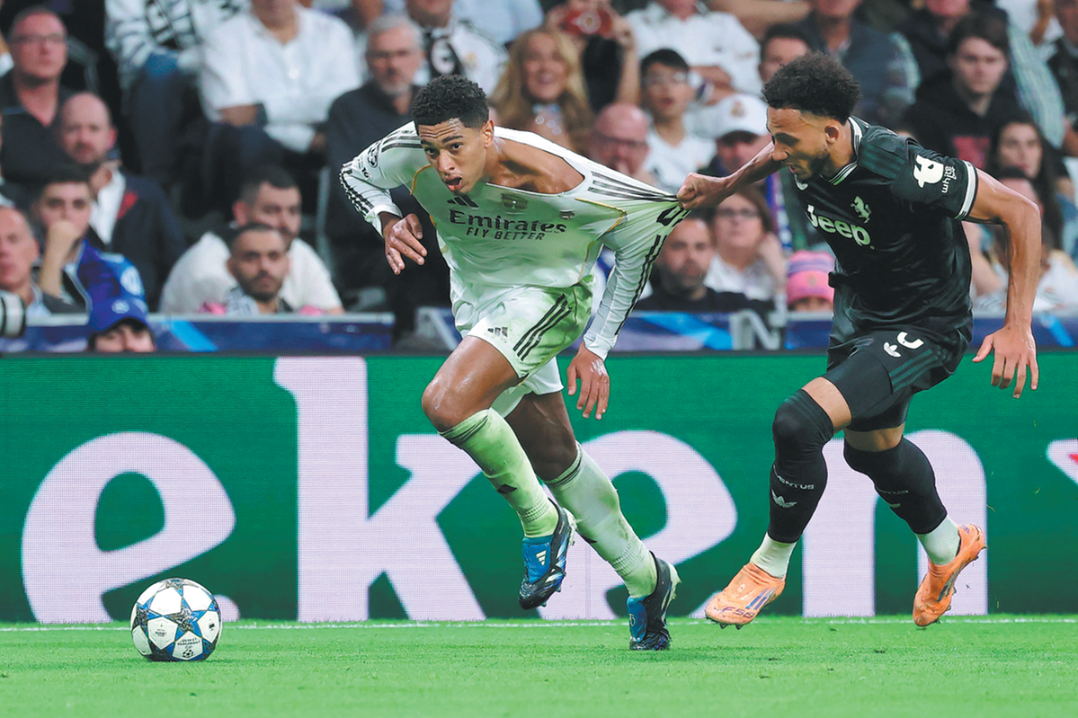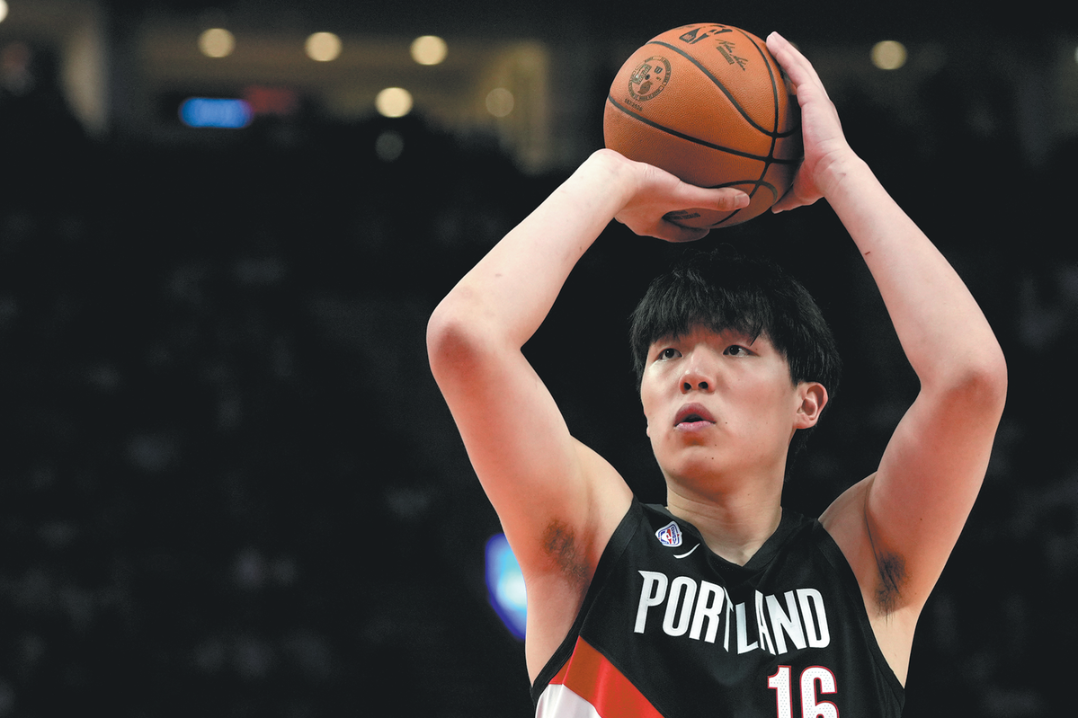Communities kick out the trauma in war-torn Sudan

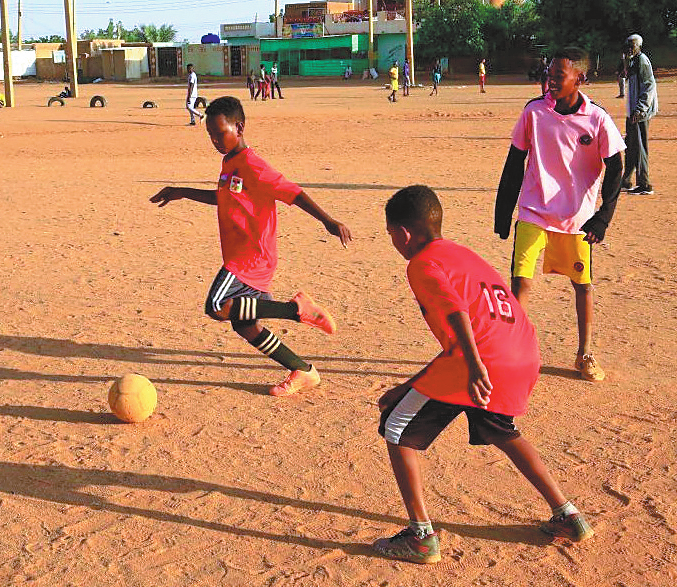
"We play soccer here, even though we lack the basic equipment. There are no nets, no stands, no uniforms — just the will to play, and a desire to restore the rhythm of life," he told reporters.
Around them, neighbors cheer, children laugh and women peer through windows, brief moments of joy cutting through the silence of war.
"We used to live in constant fear," recalls Samy Abdul-Rahman, a former third division player. "Then we started playing every day. Soccer reminded us that we're still human, not just survivors."
"With every kick of the ball, we release a little bit of our anger and fear, exorcising heavy memories. It's no longer just entertainment — it's therapy for war trauma," he explained.
Though informal and unorganized, these games are quietly reshaping the emotional landscape of a battered city.
Abdalla Al-Nour, a social worker involved in a youth initiative for war-affected communities, sees the impact daily.
"Playing on these fields helps people release emotion, and creates a sense of temporary belonging and safety," he says. "Even those who have lost their homes find a new one in their team," he said.
"When someone is living in ongoing trauma," he adds, "they seek collective ways to let it out. Sport, especially soccer, restores a sense of belonging and helps organize the inner chaos.
"In a war-ravaged environment, chasing a small ball becomes a form of resistance — resistance to psychological collapse."
The fields are also breaking down divisions. Players come from all across Sudan — north and south, east and west, displaced and local.
"Here, no one asks me where I came from," says Omer Ali, a displaced youth now playing in his new neighborhood in Omdurman.
"On the pitch, we're one team — we win or lose together. We were depressed, jobless and had no way to cope. We started playing just to forget. Now, soccer is the best part of our day," he said.
Community groups have taken note. Youth-led initiatives describe the rise of "dirt soccer" as one of the most effective grassroots responses to war trauma.
"Youth who lost family members or homes find balance through the game," says Amna Al-Tijani, a volunteer with the Play to Live initiative.
"Football here is more than just sport — it's re-stitching the torn social fabric and reminding people they are still one community, sharing both hardship and hope," she noted.
To Khalil Khamis, a coach at Al-Muallem Academy in western Omdurman, the simplicity of these matches is what gives them power.
"Perhaps dirt soccer, with all its warmth, is the truest face of life in a city learning how to heal," he said.
"In Khartoum, the ball is no longer just a ball, and the kick no longer just a move — it's a collective heartbeat in a city that lost its rhythm."
Even local leaders recognize what's taking shape. Badr Al-Din Fadlalla, head of youth affairs in District 95, sees it as a sign of recovery.
"This dirt soccer phenomenon is a sign of life returning to Khartoum and of improving security conditions," he says.
"We now have three academies in western neighborhoods, with youth from both local families and displaced communities," he explained.
"War taught us the meaning of loss, but soccer now teaches us the art of survival. What we're doing is not a luxury — we're turning dust into a stage, and silence into a chorus. As if to say, together: Healing isn't a promise from someone else — it's a collective act that begins with a kick."
Xinhua
Most Popular
- Communities kick out the trauma in war-torn Sudan
- Bowled over: Canada falls back in love with cricket
- An ice warm-up, but work still to be done
- Eco-friendly Tianjin Marathon attracts over 33k runners from 39 countries
- China reaps 13 golds to stay atop Asian Youth Games medal table
- China's Shi/Zhang claim women's doubles title at WTT Star Contender London
















